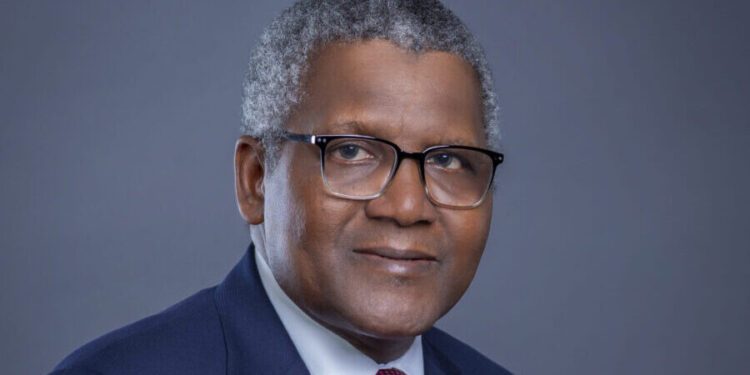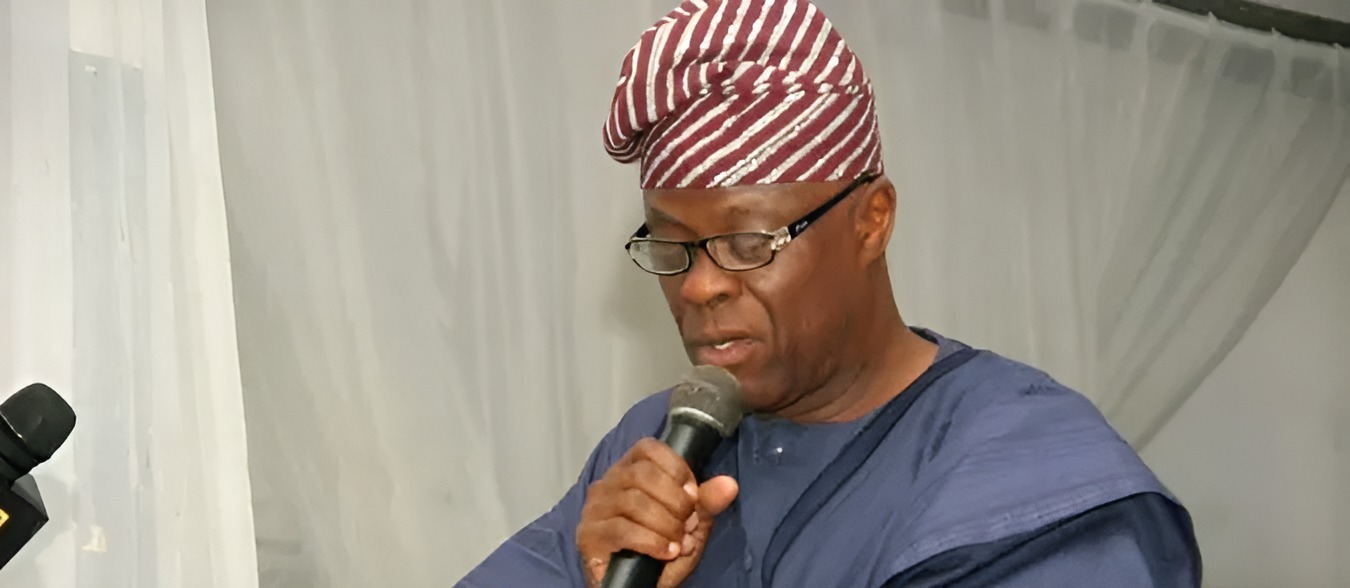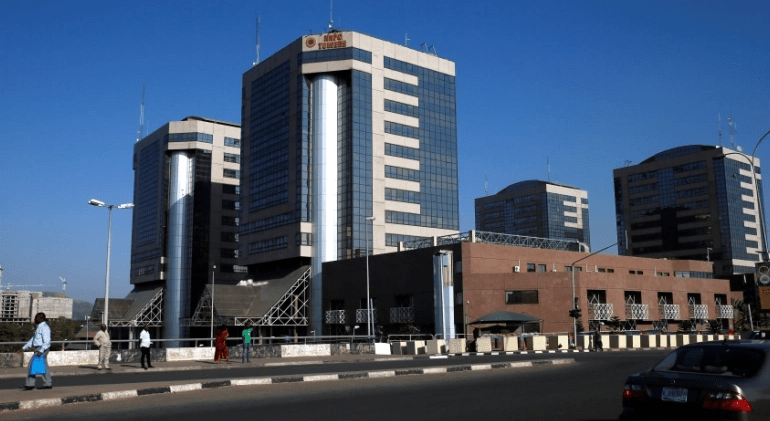Sunday Aborisade in Abuja
The Senate has issued a firm denial of recent media reports suggesting a rift between the President of the Senate, Godswill Akpabio, and Leader of the Senate, Senator Opeyemi Bamidele.
The purported altercation allegedly occurred during a recent executive session convened to deliberate on whether the Senate should proceed on its annual recess.
In a press statement released on Sunday, Senator Yemi Adaramodu, Chairman of the Senate Committee on Media and Public Affairs, dismissed the reports as baseless and misleading.
He clarified the accounts misrepresent the nature of parliamentary deliberations and the time-honored traditions that govern legislative practices, both in Nigeria and across democratic institutions worldwide.
The Senate, Nigeria’s highest legislative chamber, plays a critical role in shaping national policies and laws that affect over 230 million Nigerians.
The institution operates through a system of rigorous debate, oversight, and collaboration.
This process often involves spirited discussions and divergent viewpoints as lawmakers scrutinize bills, motions, and executive proposals.
Such robust exchanges are essential to the Senate’s mandate to ensure that every piece of legislation serves the national interest effectively.
Adaramodu stressed that robust debates and intense scrutiny of legislative matters are not only routine but are hallmarks of a vibrant democracy.
He said: “Every initiative brought before the Senate undergoes thorough examination in plenary and committee sessions.
“This ensures that lawmakers fully understand and assess the implications before granting approval or authorization.”
He added that such debates should not be mistaken for personal conflicts or disunity within the leadership.
He said: “It is crucial for the public and media to appreciate that parliamentary procedures demand vigorous discussion. This does not imply any crack or discord in the Senate leadership,” he emphasized.
The recent media claims alleged that Akpabio and Bamidele engaged in a heated confrontation during an executive session concerning the Senate’s annual recess schedule.
The reports painted a picture of a divided leadership at the helm of Nigeria’s legislature.
However, Adaramodu categorically rejected these allegations, affirming that no such clash occurred.
Instead, what transpired was a standard executive session where members debated the timing and appropriateness of the Senate proceeding on recess.
He said it was an issue that naturally invites differing opinions given its implications on legislative business and national governance.
He explained that executive sessions provide a confidential forum for Senate leaders to discuss sensitive matters, and such deliberations often involve constructive disagreements aimed at reaching consensus.
He said: “This is not unusual and certainly should not be interpreted as evidence of internal strife.”
Adaramodu highlighted that the Senate operates within well-established parliamentary traditions that prioritize transparency, accountability, and respect for diverse viewpoints.
Adaramodu explained that across democracies globally, it is commonplace for lawmakers to engage in vigorous debates without any detriment to institutional unity.
He said: “These practices are essential for the development of sound public policy.
“They reflect a healthy democracy where elected representatives vigorously debate issues before making decisions that affect the citizenry.”
He also underscored the role of the media in reporting parliamentary affairs responsibly.
“We urge the press to verify facts and provide balanced coverage that reflects the realities of legislative processes rather than sensationalizing normal parliamentary discourse,” he said.
The statement concluded with a reaffirmation of the Senate’s dedication to serving the Nigerian people with integrity and unity.
It read: “Our leadership remains committed to working collaboratively to address the nation’s challenges through effective legislation and oversight.
“The Senate is united in its resolve to advance the welfare of all Nigerians.”
He called on all stakeholders, including the media, civil society, and citizens, to support the Senate in its constitutional role by appreciating the complexities of legislative work and avoiding misinterpretations that could undermine public confidence.







